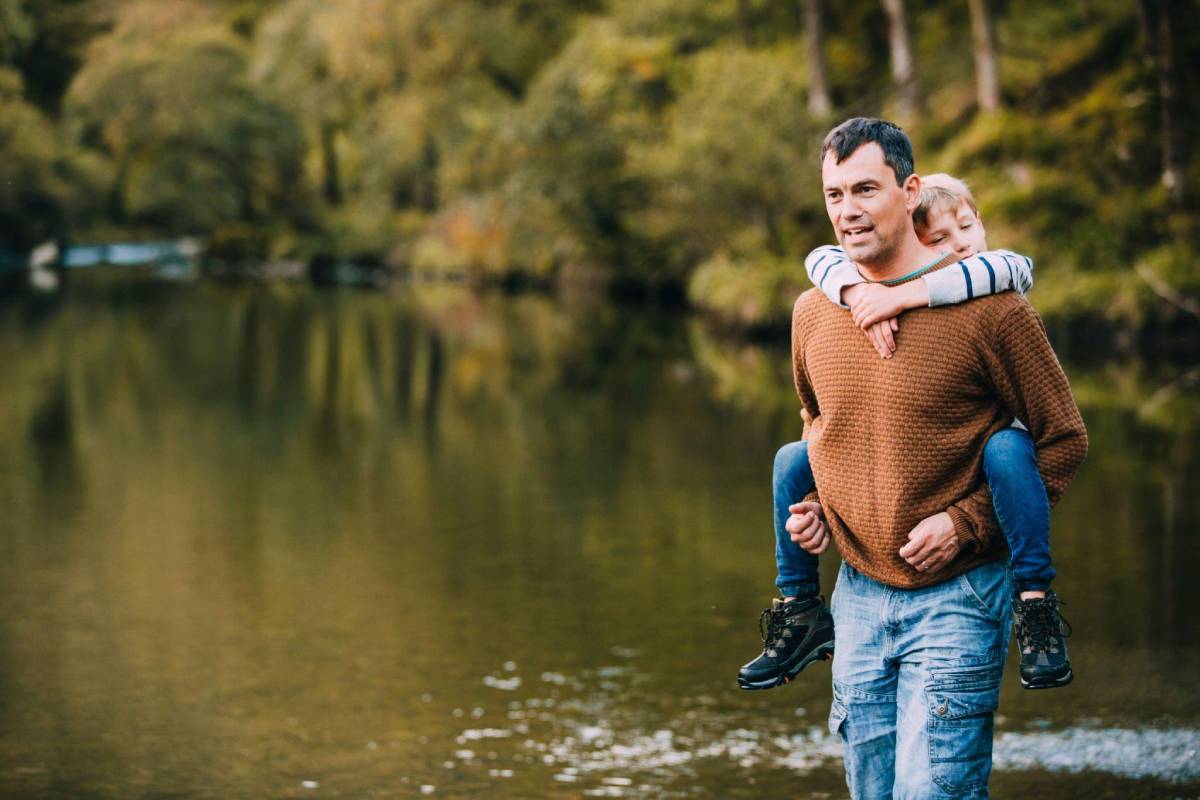Children in foster care often face a unique set of challenges that can have a big impact on their mental health and wellbeing. Many have experienced trauma, loss, and other adverse experiences that can make it difficult for them to regulate their emotions, form healthy relationships and feel secure and safe. As a foster carer, you can support the child in your care by providing a nurturing and stable environment that promotes mental wellness. Mindful parenting techniques can be very effective in not only improving your own well-being but also when it comes to helping your foster child develop the skills they need to heal and thrive.
Table of Contents
What is Mindful Parenting?
Mindful parenting is all about cultivating a sense of presence and awareness when interacting with a child. It involves paying attention to your own emotions, thoughts, and physical sensations, as well as those of your child, in a compassionate and non-judgemental way. Doing this allows you to develop a better understanding of the child’s needs and respond to them in a more supportive, effective manner. You may be able to access training and education on mindfulness techniques as a foster parent from agencies such as fosterplus.co.uk.
The Benefits of Mindful Parenting Techniques for Foster Children
There are many benefits of using mindful parenting techniques when interacting with a foster child in your care. By practicing mindfulness yourself and teaching these techniques to your child, you can:
Reduce Stress and Anxiety
Mindfulness has been shown to reduce symptoms of stress and anxiety in both adults and children. By helping your foster child develop mindfulness skills, you can help them learn a valuable skill for managing difficult emotions that they can turn to for the rest of their lives.
Improve Emotional Regulation
Children in foster care may struggle to regulate their emotions as a result of the past trauma or instability that they have experienced. Mindfulness techniques can help them develop the ability to recognise emotions and manage them in a healthier and more productive way.
Improve Self-Awareness
Mindfulness techniques can help your foster child develop a deeper understanding of themselves, their emotions, and their thoughts. This can, in turn, lead to better self-awareness and help them develop stronger self-esteem and self-acceptance.
Build Resilience
By cultivating a sense of acceptance and presence when interacting with your foster child, you can use mindfulness to help them develop greater resilience in the face of challenges.
How to Integrate Mindfulness as a Foster Carer
There are several things you can do to use mindfulness techniques as a foster carer:
- Start with yourself: Develop your own mindfulness practice. This could include spending some time each day to meditate, using body scans, or mindful breathing.
- Make it a daily thing: Integrate mindfulness into your daily routine and that of your child. For example, you can do some deep breathing together before starting the day, or a guided meditation before bed.
- Use mindfulness for managing difficult emotions: Encourage your foster child to use mindfulness techniques, such as deep breathing exercises, if they are beginning to feel upset or overwhelmed.
As a foster carer, there are many ways that you can incorporate mindfulness techniques to be more present and understanding, manage your own emotions, and help your foster child develop healthy coping skills.

